

|
Flex Commodities appoints Vaishali Pant as senior marine fuels trader
Pant joins Dubai firm as trader for the Indian Ocean region. |
|
|
|
||

|
Island Oil opens Rio trading desk, appoints Wilson Nobre as Brazil business development manager
Marine fuel supplier establishes Latin American presence with new trading operation in Rio de Janeiro. |
|
|
|
||
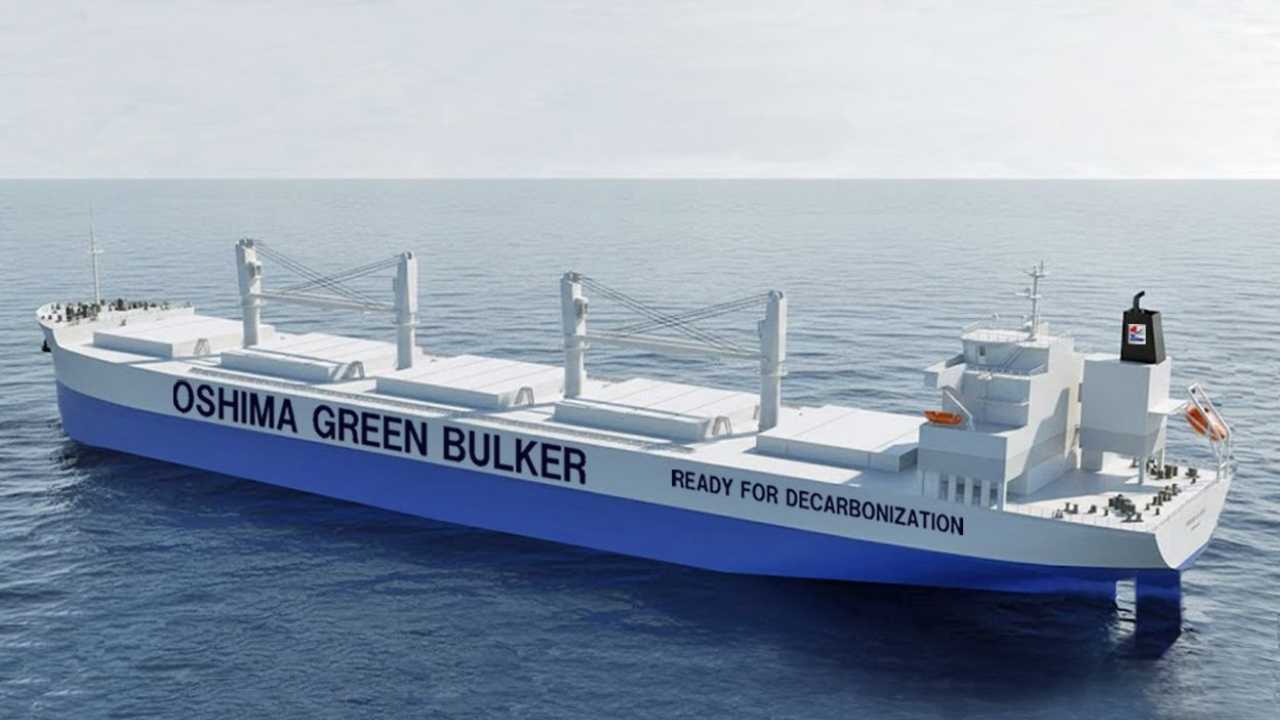
|
Oshima Shipbuilding receives approval for multi-fuel-ready Ultramax bulk carrier design
Lloyd’s Register grants approval in principle for 64,000-dwt vessel concept accommodating ammonia, methanol and LNG. |
|
|
|
||
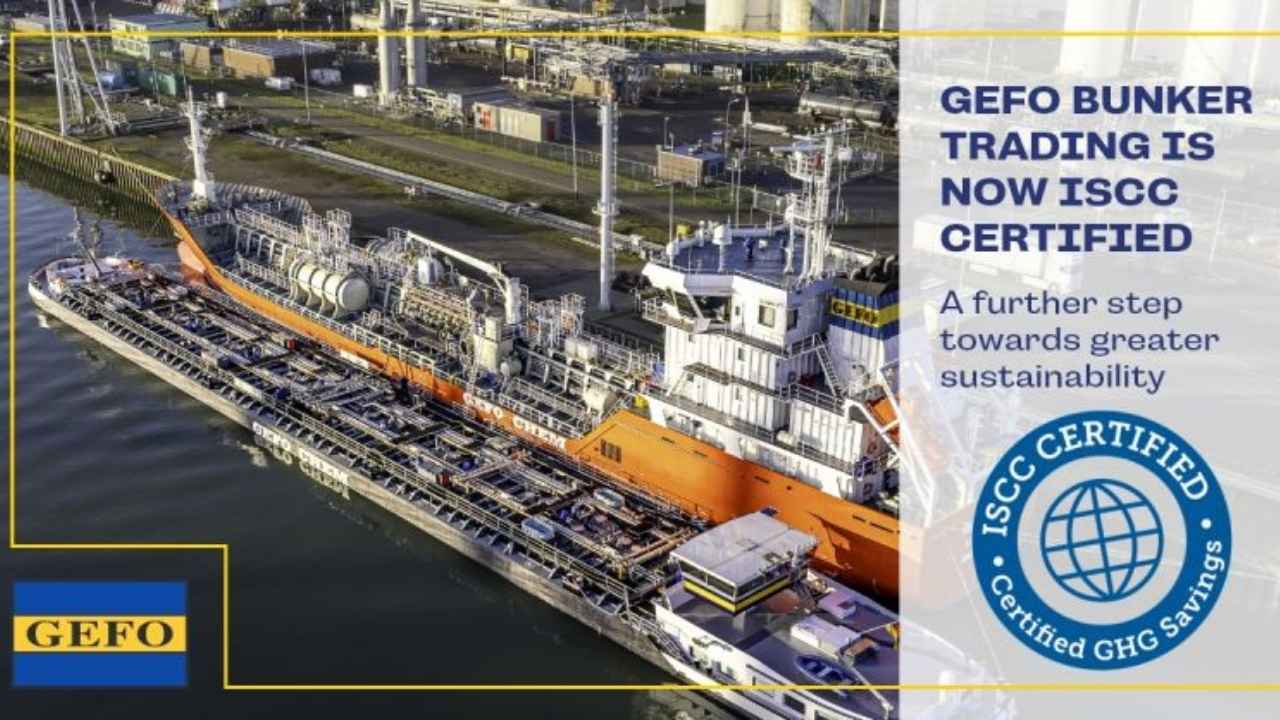
|
GEFO Bunker Trading receives ISCC certification for sustainable marine fuels
German bunker firm gains ISCC EU and ISCC PLUS certificates. |
|
|
|
||
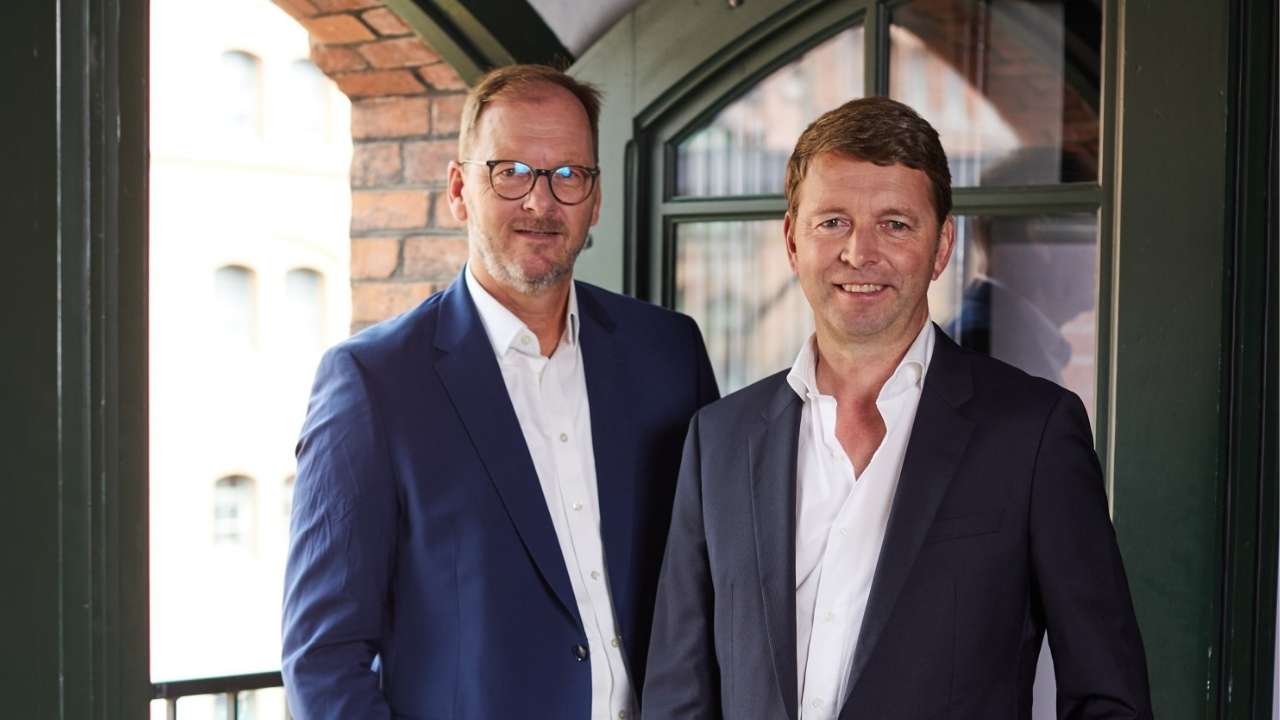
|
OceanScore to take over administration of Environmental Ship Index from January 2026
Hamburg-based firm to manage voluntary scheme incentivising vessel environmental performance for 70 global ports. |
|
|
|
||
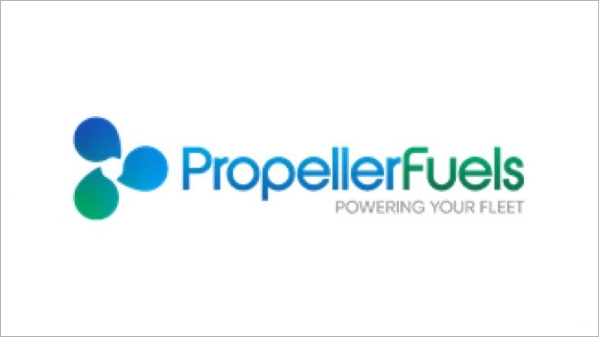
|
Propeller Fuels reviewing applicants for Singapore bunker trader position
Bunker firm looking to hire trader to foster new business growth and sustain customer relationships. |
|
|
|
||
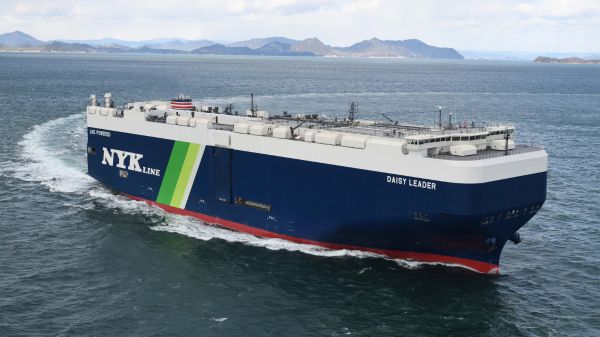
|
XFuel raises $20m Series A to scale low-carbon drop-in fuel production
Maritime investors NYK Line and Stolt Ventures back waste-to-fuel technology targeting shipping decarbonisation. |
|
|
|
||
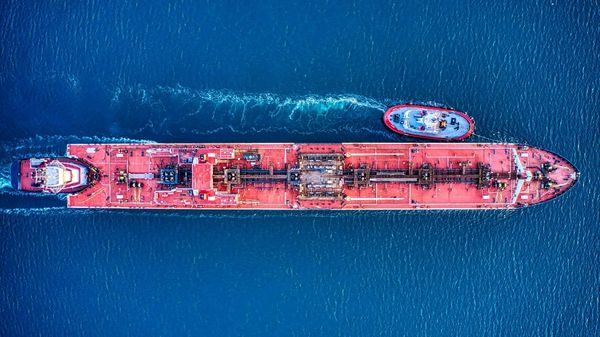
|
Fuel treatment technology shows 21% efficiency gain in university tests
Fuelre4m's technology reduced fuel consumption in marine engines without modifications, according to an Athens university study. |
|
|
|
||
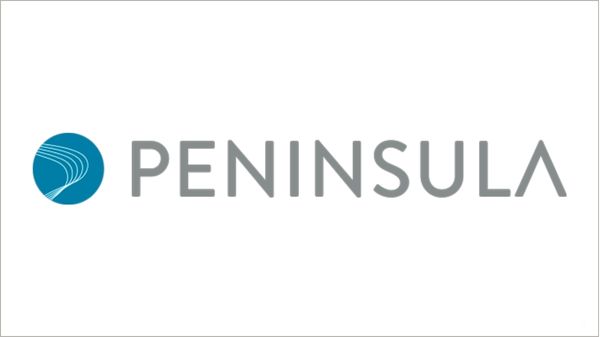
|
Peninsula seeks bunker trader for Houston office
Marine fuel supplier Peninsula is recruiting a bunker trader to be based in Texas. |
|
|
|
||
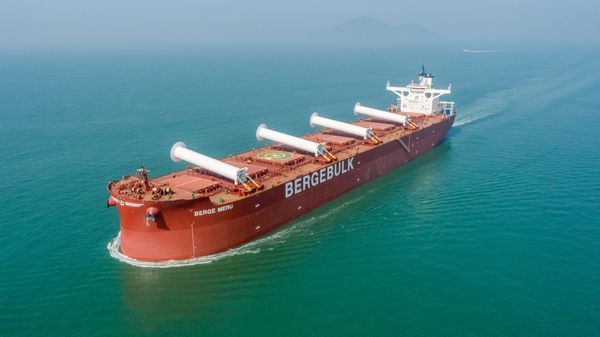
|
Berge Bulk completes second rotor sail installation with Anemoi on Newcastlemax vessel
Four folding rotor sails installed on Berge Meru following earlier deployment on Valemax vessel. |
|
|
|
||
| MXO expands physical bunkering operations in Oman [News & Insights] |
| Omani firm breaks ground on terminal and pipeline project [News & Insights] |
| Pipeline project set to slash jetty turnaround times at Sohar [News & Insights] |
| Terminal expansion project at Sohar [News & Insights] |
| Sohar terminal expansion project completed [News & Insights] |